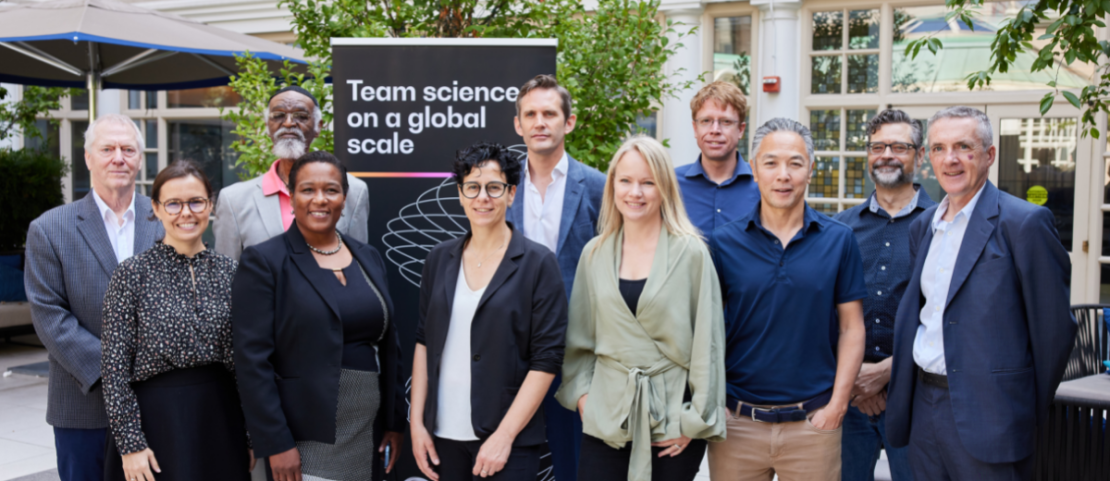On 16 June 2022, we announced four new Cancer Grand Challenges teams taking on some of the toughest challenges in cancer research. Here, meet the PROMINENT team receiving $25m to take on the Normal Phenotypes challenge.
Although the accumulation of mutations in cells has long been assumed to trigger tumorigenesis, recent studies suggest a much more complex relationship: cells often carry many known cancer-causing mutations yet remain phenotypically normal. These cells, despite their remarkable genetic similarities with cancer cells, do not form tumours.
Does an intrinsic mechanism within the cell or its environment protect against tumorigenesis? How do processes such as inflammation, ageing or exposure to certain carcinogens influence the behaviour of cells already carrying cancer-causing mutations? The Normal Phenotypes challenge asked scientists to consider deep biological questions regarding what makes cells ‘normal’, the protective mechanisms that keep them that way and the steps that trigger early tumour development – information which could lead to new therapies and tools that target the critical moment of transition to malignancy.
Taking on this challenge is the PROMINENT team, co-led by biologist and geneticist Allan Balmain (University of California, San Francisco), cancer epidemiologist Paul Brennan (IARC) and computational biologist Nuria Lopez-Bigas (IRB Barcelona).
The team’s programme builds on the work of our Unusual Mutation Patterns team, on which Paul and Allan are both co-investigators.
We met with the team to learn more about their programme.
Why take on the Normal Phenotypes challenge?
Paul: I’m very interested in understanding what causes cancer. This is what drove me to work in cancer epidemiology and genomics, and it’s been incredibly exciting to be part of this research as we've learned more about how carcinogens can leave their imprint on tumour DNA, or even cause cancer but leave no impression on a cell at the mutational level. With the Normal Phenotypes challenge, we have an incredible opportunity to build on current knowledge, including revisiting older hypotheses about cancer development, to make major breakthroughs in our understanding of how cancer can emerge from a seemingly normal cell.
Why the Cancer Grand Challenges approach?
Nuria: Framing the problem in the form of the Normal Phenotypes challenge has been very useful to focus our programme. It’s been exciting to think about how we’re going to bring our complementary expertise together to tackle this big question – we've had the opportunity to put together a great team. I’m excited we get to work together on this.
Why now?
Paul: The way we think about how cancer develops is changing – mutations are essential, but we’re learning that we need to take into account other factors within the environment that trigger a cell to become cancerous. We’re at an exciting point where both our understanding of this process and the tools we use to investigate it are so at their cutting edge that even two years ago, we wouldn’t have been able to propose a lot of this programme.
Allan: As a research community, we’re on the verge of a major leap forward in our understanding of the factors that contribute to the risk of cancer, which could help to find new, informed ways to stop cancer before it even starts.
The Cancer Grand Challenges PROMINENT team is supported by Cancer Research UK, the National Cancer Institute and Asociación Española Contra el Cáncer.
Find out more about the PROMINENT team and all 4 newly funded teams.
Image: members of the PROMINENT team at the Cancer Grand Challenges Summit 2022.
